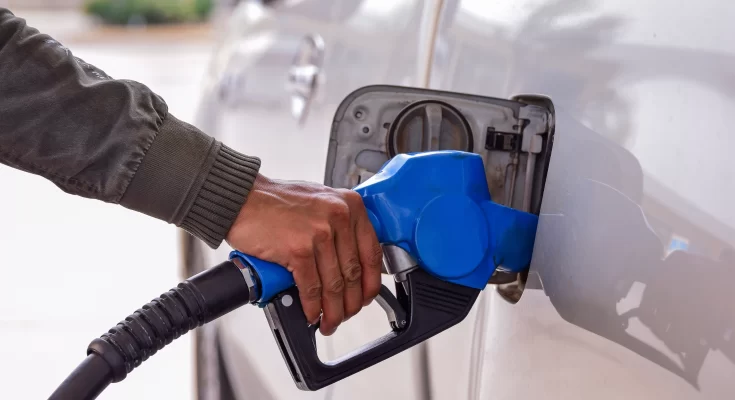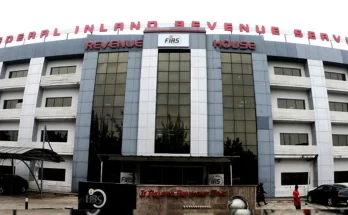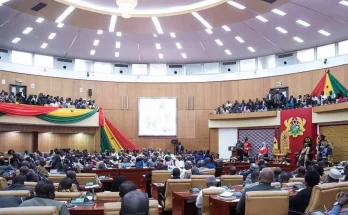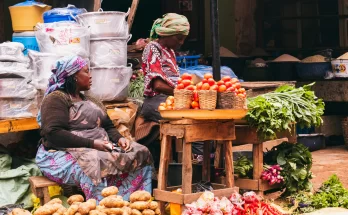- GRA activates revised Energy Sector Levies as government cuts fuel perks for officials
Ghana Implements New Fuel Levies to Boost Energy Revenue Amid Austerity Push. Ghana’s tax authorities have officially commenced the implementation of increased levies on petroleum products, as part of broader fiscal consolidation efforts to stabilise the economy and support the energy sector.
The revised charges, introduced under the Energy Sector Levies (Amendment) Act, 2025 (Act 1141), took effect on July 16, according to a statement by the Ghana Revenue Authority (GRA).
Higher Taxes on Petrol and Diesel Take Effect
The Energy Sector Shortfall and Debt Repayment Levy (ESSDRL) now reflects sharp upward adjustments across several fuel categories.
For petrol (motor spirit), the levy has risen from GH¢0.95 to GH¢1.95 per litre, while diesel (gas oil) now carries a charge of GH¢1.93, up from GH¢0.93.
Marine Gas Oil (MGO) supplied to foreign vessels has also doubled from GH¢0.93 to GH¢1.93, and for local MGO users, the rate increased from GH¢0.03 to GH¢0.23. Heavy fuel oil moved from GH¢0.04 to GH¢0.24.
The GRA clarified that levies on LPG and naphtha remain unchanged at GH¢0.73 per litre, a decision expected to shield households who rely on LPG for cooking.
ICUMS Platform Updated for Automatic Enforcement
The GRA confirmed that it had reconfigured the Integrated Customs Management System (ICUMS) to automatically apply the new levy rates at all points of import and distribution.
In a circular dispatched to all customs stations, ports, and petroleum service providers, the GRA urged full compliance.
“Your cooperation is vital to the successful implementation of this critical revenue measure,” the Authority noted, emphasizing the role of fuel taxes in ensuring long-term sustainability in Ghana’s energy sector.
South Africa Urged to Lead Global Push for Wealth Tax Reform
Austerity Measures Accompany Tax Hikes
The fuel levy implementation coincides with a Presidential directive issued on July 15, which cancelled all fuel allowances and allocations for political appointees, effective immediately.
According to Presidential Spokesperson Felix Kwakye Ofosu, the decision forms part of broader efforts to demonstrate leadership sacrifice during economic recovery.
“The President believes that leadership must also bear its part of the sacrifices it is calling on the people to make,” Ofosu said.
This latest cut follows earlier reforms that reduced the number of ministers, downsized staff at the Office of the President, and eliminated satellite television expenses in public offices.
A Coordinated Strategy: Revenue Mobilisation and Spending Cuts
The simultaneous rollout of new fuel taxes and cost-cutting measures signals a strategic shift toward fiscal discipline.
By combining domestic revenue mobilisation with public expenditure controls, the government aims to close budget gaps without relying heavily on external borrowing.
Tax analysts say the increased levies, though likely to stir public discomfort in the short term, form part of a long-term tax policy approach to restore macroeconomic stability and reduce energy sector debt.
Looking Ahead: Ensuring Compliance and Managing Impact
With inflation concerns and living costs already high, economists suggest that public communication and subsidy targeting will be critical in cushioning the most vulnerable populations.
The GRA has reiterated its commitment to transparency and enforcement, urging stakeholders in the petroleum value chain to uphold their tax obligations.
As the government deepens its reform agenda, fuel taxation remains a pivotal tool—not only for revenue generation but also for shaping Ghana’s path toward sustainable fiscal management.




